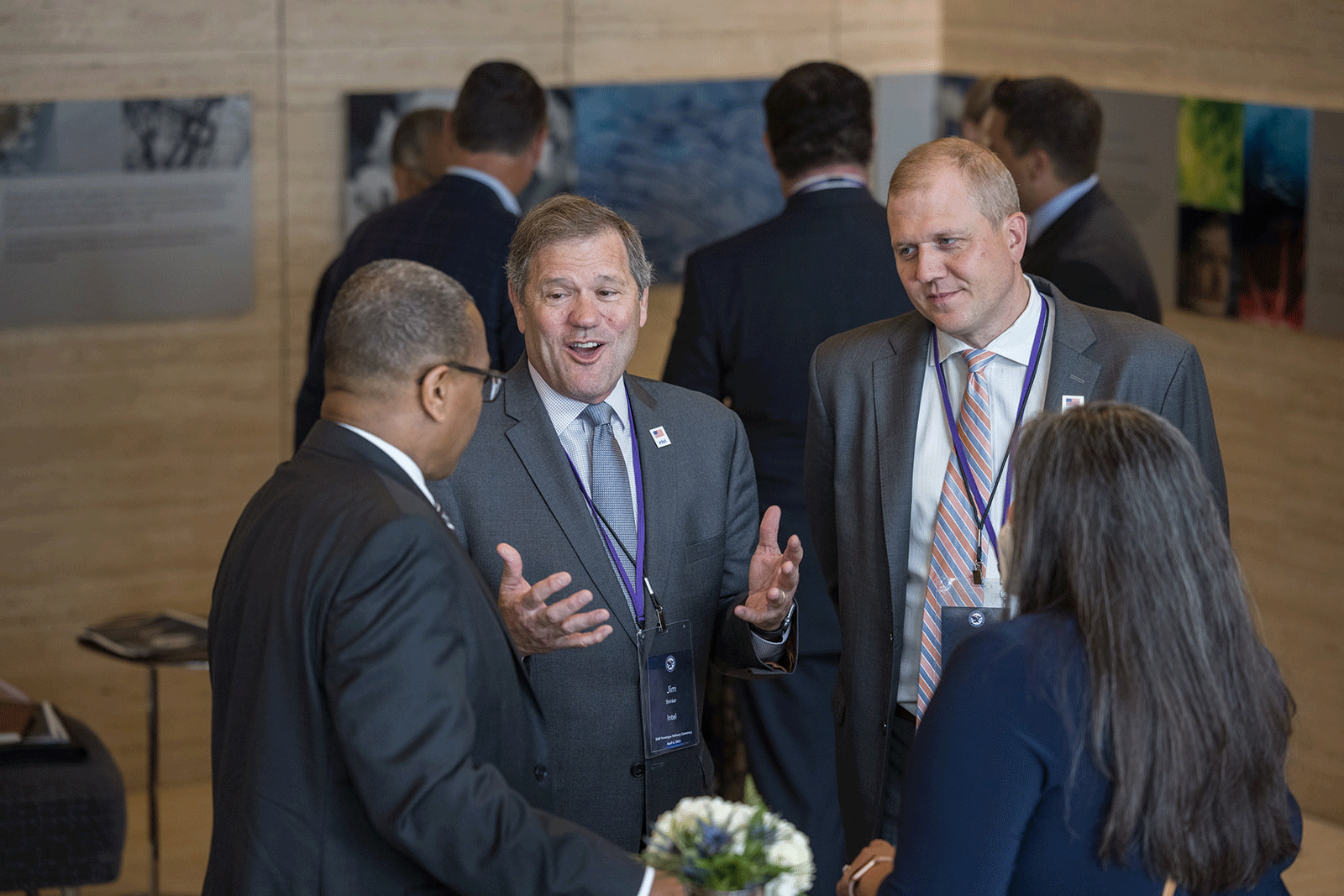Complex Problems Can’t Be Solved Using One Static Framework
NSTXL builds customized strategies and market approaches for the nation’s leading government offices. By pushing the boundaries of traditional government contracting, we deliver the best solutions without wasting time or money.
Together, We Are Advancing U.S. Innovation Efforts
From bringing microelectronics to U.S. soil to accelerating space industrialization, our members are reimagining what’s possible. Explore our open opportunities to see how you can revolutionize government innovation.




